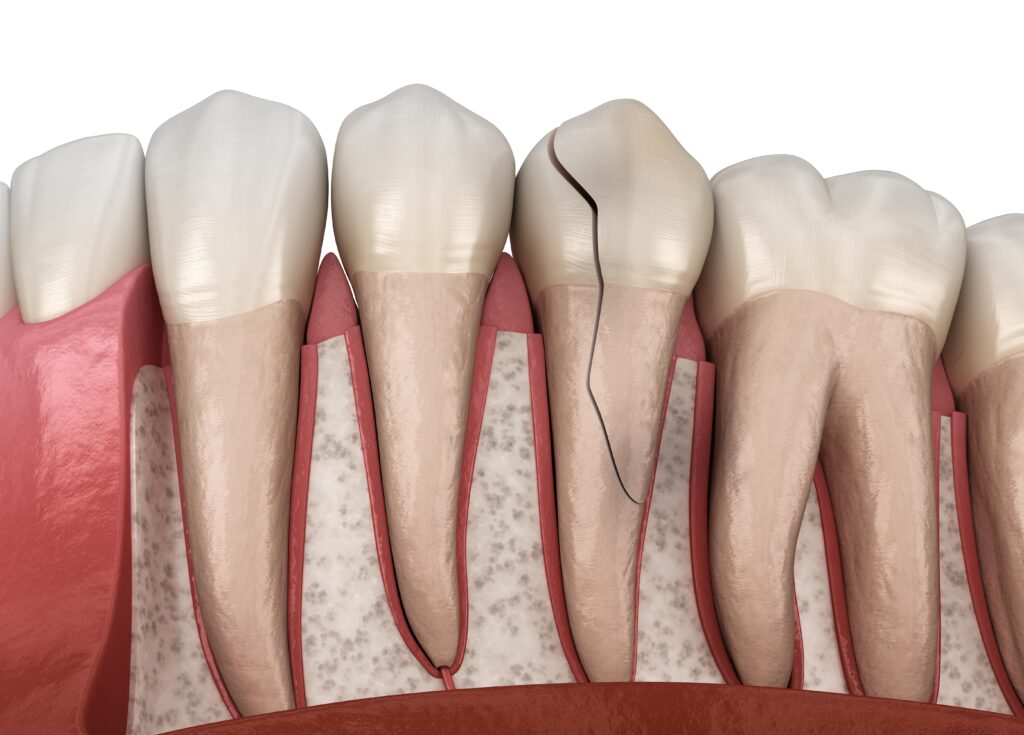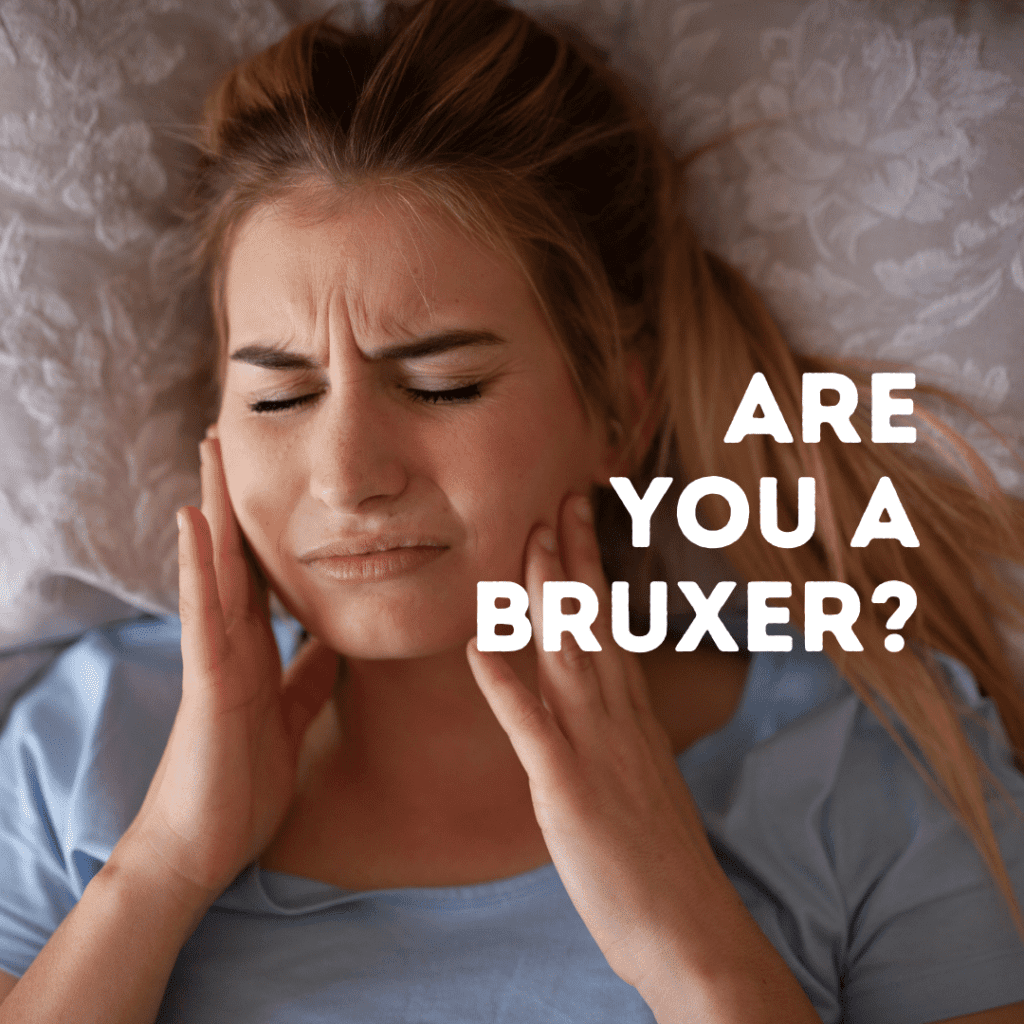Do you often wake up with a sore jaw or headache? Do your teeth feel sensitive to hot or cold drinks? If so, you may be a bruxer. Bruxism is the medical term for teeth grinding and clenching, and it can cause a lot of damage to your teeth and oral health if left untreated. In this blog post, we will discuss how to tell if you are a bruxer and what treatment options are available to you.
What is Bruxism?
Bruxism is the medical term for teeth grinding and clenching. It is a type of oral parafunctional activity, which means that it is a habit that occurs outside of normal chewing activities. Bruxism is usually triggered by stress and tends to occur at night while sleeping. Because of this, not everyone who is a bruxer knows that they are a bruxer.
What are the Symptoms of Bruxism?
Although the only way to know for sure if you are a bruxer is to visit your dentist for an examination, there are some symptoms that you can look for on your own. Symptoms of bruxism can vary from person to person, but if you are experiencing any of these symptoms, it is important to see a dentist for diagnosis and treatment. Some of the most common symptoms of bruxism include:
Worn Enamel:

If you notice that your teeth are starting to look flat, or that your molars are wearing down, this could be a sign of bruxism. While teeth naturally wear down over time, bruxism causes them to wear down quickly and prematurely.
Damaged Teeth:
Bruxers often have cracked or chipped teeth from all the grinding and clenching. Overtime, the constant force of teeth rubbing up against one another weakens the enamel and can lead to damage in the areas where the pressure is the greatest.
Tooth Sensitivity:
Worn enamel can also lead to increased tooth sensitivity. If you find that your teeth are more sensitive to hot or cold drinks than they used to be, it may be due to bruxism. Tooth sensitivity can have other causes, however, so it is important to discuss this symptom with your dentist to determine whether it is caused by bruxism or not.
Pain:
Jaw pain and headaches are common symptoms of bruxism. The grinding and clenching can cause the muscles in your jaw to become tight and sore. Your jaw joint also tends to become achy and can cause pain to be felt in the ear canal. If you are experiencing any jaw pain or headaches, especially if they seem to be worse in the morning, it is important to see your dentist for an examination.
Sleep Problems:
Bruxism can also cause sleep problems. If you find that you are grinding your teeth at night, it can disrupt your sleep and cause you to wake up feeling tired and exhausted.
How is Bruxism Treated?
If you are diagnosed with bruxism, your dentist will likely recommend a night guard. A night guard is a plastic device that is worn over the teeth while sleeping. It protects the teeth from grinding and clenching and can help to reduce or prevent damage to the teeth. In some cases, a night guard can also help to reduce the pain and discomfort associated with bruxism.

Dr. Admar holds dual certificates — a Bachelor of Dental Surgery (BDS) in 2010 from India and a Doctor of Dental Surgery (DDS) in 2014 from Canada. He is now a full time practicing dentist in Kamloops where he provides a variety of services, including emergency dentistry. Dr. Admar spends hundreds of hours in continued dental education to stay up to date in cosmetic and implant dentistry and he has achieved several advanced qualifications.


